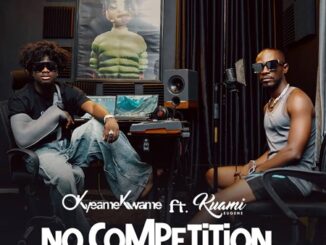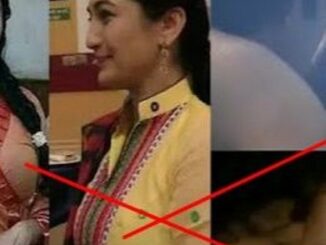
SHOCKING:THE MAN WHO HIDE HIM SELF UNDER THE COVER OF A SPIRITUALIST FOR MANY YEARS REVEALED HOW HE GOT HIS WEALTH AND MONEY.
A 55 years old man from Anambra state who has been hiding himself under the cover of a Spiritualist revealed how he got his wealth […]










